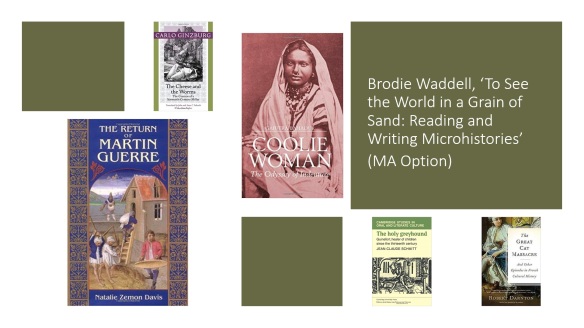The latest post in our #SchOnline: Scholarly Communities Online series addresses the urgent issue of online harassment and abuse.
Elizabeth Watts
Taking our scholarly collaborations online has opened up a world of conversation – at least for those who have the health and energy for it in a global pandemic, and those who are not impeded by barriers such as inaccessible digital materials or organisers’ time zones. Yet in grounding our collaboration in spaces which are subject to rampant organised harassment and surveillance, the well-known threats that marginalised scholars at in-person events face from individuals are exchanged for the instantaneous threat of abuse at menacing, escalating scale.
Online abuse has been an endemic aspect of public scholarship, above all for women of colour, since social media started collapsing digital communication into a handful of massive, searchable platforms. Marginalised and feminist scholars have been ever more vulnerable to forms of online violence aimed at hounding them and their knowledge out of the public sphere since the 2014 #GamerGate campaign (when anti-feminist internet users subjected them to the same tactics of doxxing and swarm harassment they were already turning on Black women journalists), which some writers argue was even instrumentalised by Steve Bannon to help elect Donald Trump.
Besides these organised campaigns, the ease with which high-profile public figures can expose individuals with much lower public profiles to a mass of followers in derogatory ways creates an intimidating atmosphere for any scholar who has experienced or even witnessed the spontaneous harassment that can result. In my own case, as a white mid-career scholar with an ongoing contract, I was privileged and secure enough that abuse from accounts that did not appear to be linked to any identifiable offline people was no big deal. Coming to the attention of individuals with a wide reach on social media, offline positions of power and the capacity to use their influence to cause me material detriment has been a different level of threat altogether, leaving me anxious that I would not be able to keep up with my core job during another episode. With consciousness that my family’s peace and privacy would also be at risk (an even greater threat for scholars whose families are not cis/heteronormatively traditional), my online life has had to become much more defensive and constrained. Continue reading


